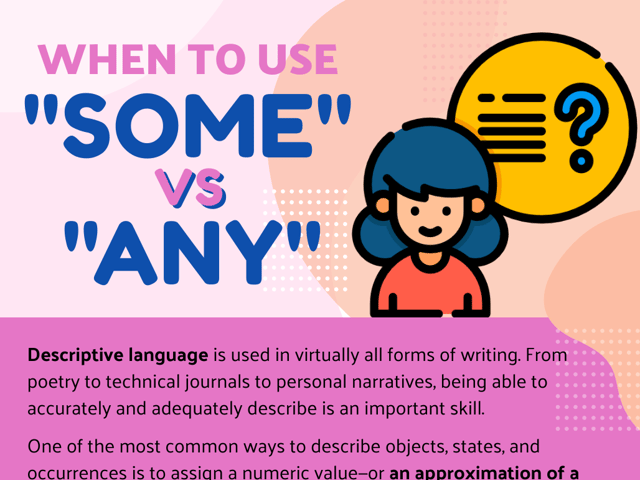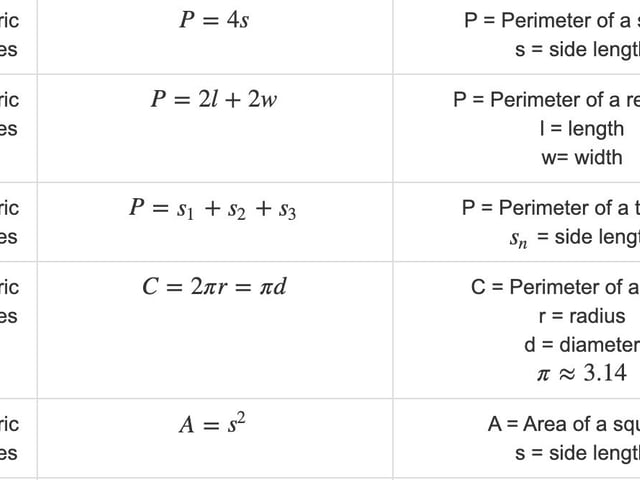
Essay Writing Practice and Prompts for the CBEST
The CBEST (California Basic Educational Skills Test Exam) consists of three sections: Reading, Mathematics, and Writing. A passing score on the Writing section, along with meeting the requirements of the other sections, is necessary to pass the entire CBEST exam.
Type of Essay
The CBEST requires candidates to write two essays as part of the Writing test section. The essays are expected to be in the range of 300 to 600 words each. While there isn’t a specified type of essay (such as argumentative, expository, or narrative), it’s important that you demonstrate your ability to clearly express, develop, and provide a supporting structure for your ideas.
Type of Prompt
Each essay you write will be written in response to a provided prompt. One essay will ask you to express your viewpoint on a given subject, while the other prompts you to recount a personal experience.
The CBEST prompts are concise and clear, aiming to inspire thoughtful responses based on your own knowledge and experiences. These prompts do not involve visual reference or passages, and they do not require any advanced knowledge or research. While they guide you towards the topic to discuss, they do not provide specific instructions regarding writing style.
Time Limit
The CBEST is split into three sections, Reading, Mathematics, and Writing. For the Writing section, you will have a total of 90 minutes to complete both essays. Therefore, it’s crucial to manage your time effectively to ensure you adequately address both prompts. It’s recommended to spend approximately 30 minutes on each essay, leaving some additional time for review and revision.
How It Is Scored
Your essays on the CBEST will be assessed by at least two qualified scorers. The scoring is human-based, not machine-based, and is based on the following criteria:
-
Rhetorical Force: This dimension examines the writer’s ability to skillfully convey and maintain the central idea or perspective throughout the discussion. It encompasses the cohesiveness of the overall argument and the exceptional quality of the writer’s ideas.
-
Organization: This aspect delves into the clarity and seamless flow of the writing, focusing on the logical arrangement of the writer’s ideas. It scrutinizes the effectiveness of the organizational structure in guiding the reader through the essay.
-
Support and Development: This factor assesses the depth, relevance, and precision of the supporting evidence employed to strengthen the writer’s argument. It scrutinizes the writer’s capacity to furnish substantial and well-developed ideas.
-
Usage: This dimension measures the writer’s astute selection of words, examining their ability to convey ideas accurately and with meticulous attention to detail. It evaluates the writer’s proficiency in utilizing appropriate vocabulary to eliminate ambiguity and promote clarity.
-
Structural and Conventions: This element considers the overall correctness of the writing, encompassing the syntactic coherence, paragraph structure, sentence structure, and the mechanics of language, such as spelling, punctuation, and capitalization. It evaluates the writer’s adherence to established conventions.
-
Appropriateness: This aspect analyzes how effectively the writer addresses the given topic while employing language and style suitable for the intended audience and purpose. It assesses the writer’s ability to strike the right tone, employ appropriate language, and adopt an approach that resonates with the target readership.
Essays are given a score from 1 to 4, with 4 being the highest. The scores from each essay are combined and converted to a scaled score between 20-80. A minimum total score of 41 out of 80 is required to pass the Writing section. More information on scoring can be found in the CBEST Writing Information Guide provided by the test administrators. This guide also includes sample scored essays to give you a clear idea of what is expected.
Sample Prompts to Practice
Because you must pass the Writing section in order to pass the CBEST as a whole, having strong essay writing skills is crucial. It is highly recommended that you review the CBEST essay grading rubric and practice writing sample essays before test day. By taking the time to prepare in advance, you will feel more confident and less stressed during the actual exam. Below are six sample prompts to help you get started. After you’ve finished writing and you’re happy with your work, check out our CBEST essay grader to see what 1-4 score your essay might receive on the exam.
Prompt 1:
Reflect on an important decision you had to make in your life. Discuss the factors that influenced your decision-making process. In an essay to be read by an audience of educated adults, describe the outcome of that decision and its impact on your life, providing a balanced view with supporting details.
Prompt 2:
Think about a technological advancement that has significantly changed the way we communicate. In an essay to be read by an audience of educated adults, discuss both the positive and negative implications of this technology on our personal and professional lives. Use examples and arguments to illustrate your points.
Prompt 3:
Consider a leader who you admire, whether they are a public figure, a historical personage, or someone from your personal life. In an essay to be read by an audience of educated adults, discuss why you admire this leader and how their leadership style or actions have influenced your own life or viewpoints. Use specific instances or anecdotes to support your perspective.
Prompt 4:
Imagine a scenario where you’re asked to convince a friend to consider a viewpoint they are staunchly against. In an essay to be read by an audience of educated adults, detail the approach and reasoning you would use to persuade them. Discuss how you would handle their resistance and what steps you would take to keep the conversation productive, backing up your approach with convincing arguments and real or hypothetical examples.
Prompt 5:
Consider the landscape of education today. In your opinion, what is the most significant issue facing educators? In an essay to be read by an audience of educated adults, elaborate on this issue. Explain why you believe it’s significant and propose potential solutions or strategies to address this issue, supporting your suggestions with logical reasoning.
Prompt 6:
Consider a book, film, or piece of art that profoundly affected you. In an essay to be read by an audience of educated adults, discuss why this piece was so impactful and how it has influenced your thoughts or behavior. Provide specific examples and details from the piece to support your points.
Keep Reading

California Basic Educational Skills Test Blog
How to Do Well on the CBEST Writing Section
An Overview of the CBEST Exam The California Basic Educational Skills …

California Basic Educational Skills Test Blog
When to Use “Some” vs. “Any”
Descriptive language is used in virtually all forms of writing. From po…

California Basic Educational Skills Test Blog
Formulas for the Math Section of the CBEST® Test
There’s ONE single skill you have to master if you want to ace the CBES…